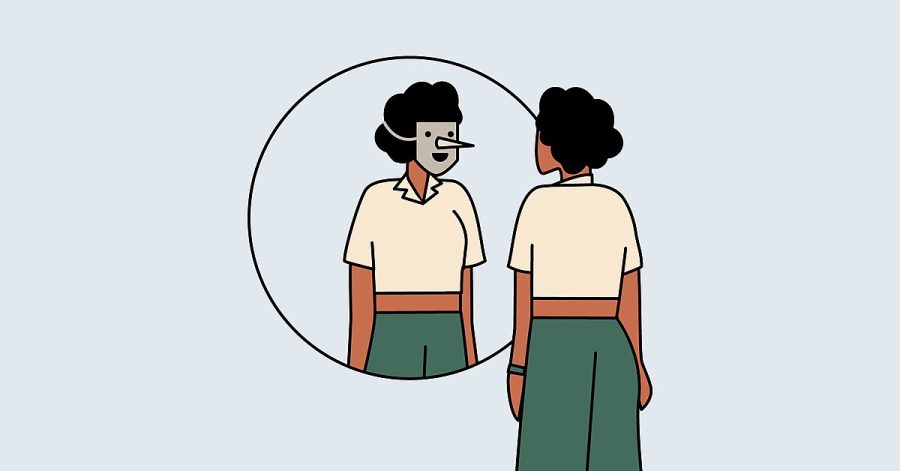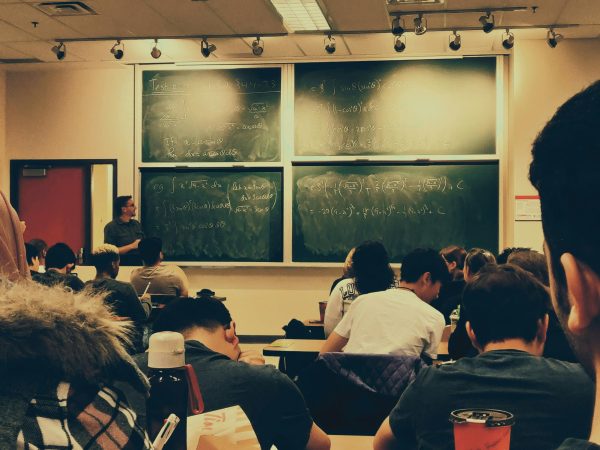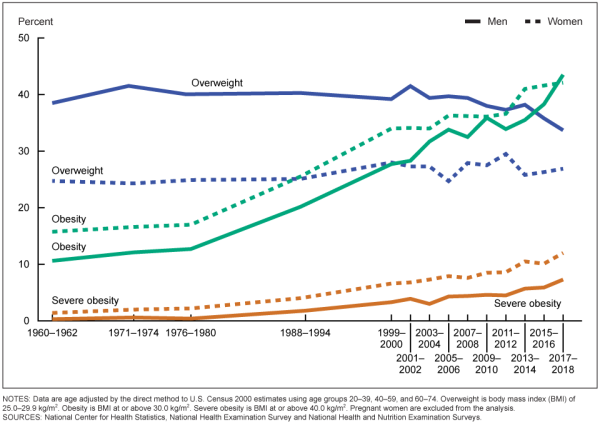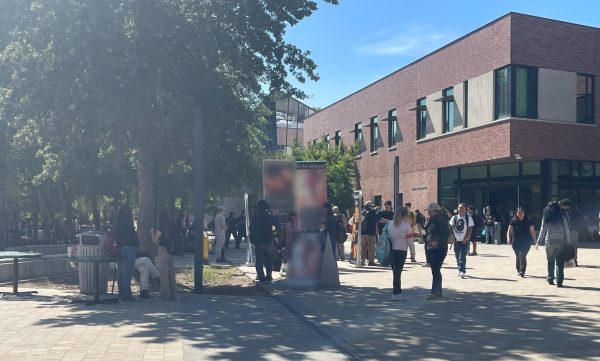Letter to the Editor: Imposter Syndrome in the College Environment
Dear Editor-in-Chief,
Year after year, students have so many expectations to meet, whether that be the expectation to achieve good grades, get hired by a renowned company, or to just keep pushing forward. The addition of the competitiveness of the college environment makes it feel like the world upon their shoulders, like a pothole where there is no way out. This is imposter syndrome.
In an educational environment, imposter syndrome primarily stems from the students comparing themselves to their peers. In such a competitive and large environment, students struggle with feeling unworthy of success or feeling out of place.
Imposter syndrome can be experienced by anybody, student, instructor or otherwise. For University of Southern California professor Jacqueline Liu, for example, one of her experiences with imposter syndrome occurred when she got hired for her first job. In her testimony for the Spring 2021 USC News feature “Feel Like You Don’t Belong? You Might Have Imposter Syndrome,” Liu admits “that scrolling LinkedIn can still make her feel overwhelmed by her peers’ successes.”
When one is constantly struggling with imposter syndrome, this negatively affects their mental health because they become accustomed to putting themselves down, creating low self-esteem and impairing the way they perceive themselves; they label themselves as incompetent or useless.
To help those who struggle with the syndrome, the first step to take is to acknowledge the problem and promote self-reassuring techniques. Schools should encourage students to join fun and non-academic clubs, so that they can find new hobbies and passions outside of school. We should also create partnerships between school clubs and internships related to the club’s subject, so that should the student find interest in what the club stands for, they have access to resources that can help them through the steps of pursuing it as a career.
I propose that school boards educate their students about these ways to combat imposter syndrome, and for school clubs to actively reach out to internships, so that each club has one to three connections. By doing so, this can enable students to have fun, while the internship connections help eliminate the feeling of falling behind peers.
Nicole Nguyen










































































Monique Watson • Apr 30, 2022 at 12:20 pm
Thank you. This was a really interesting read. Many of us struggle with imposter syndrome and don’t speak up. We should start a club. Fear of Failing All Courses maybe. or F.A.C.